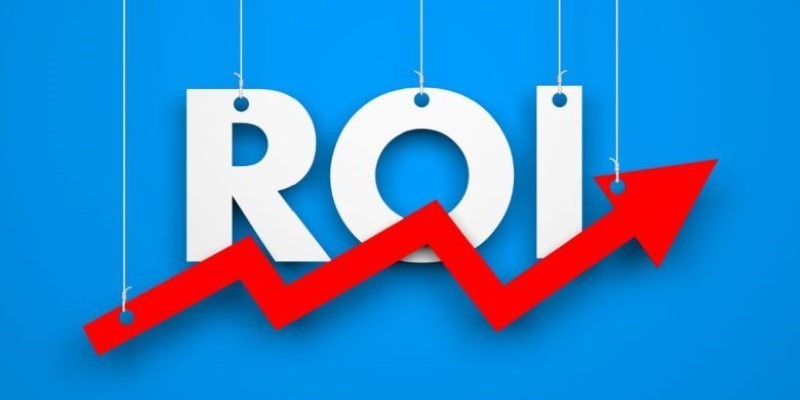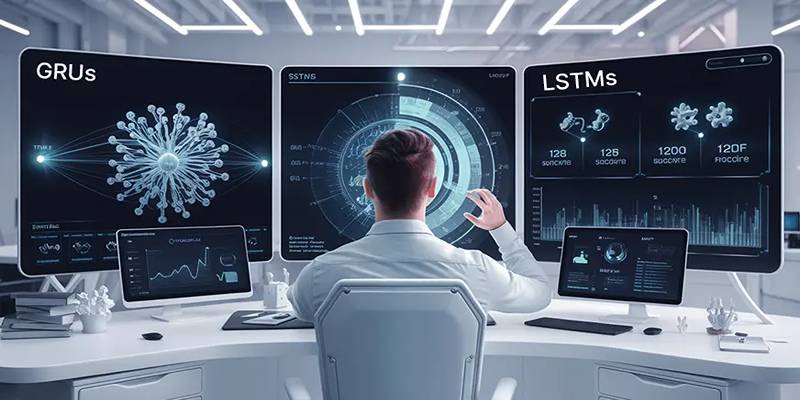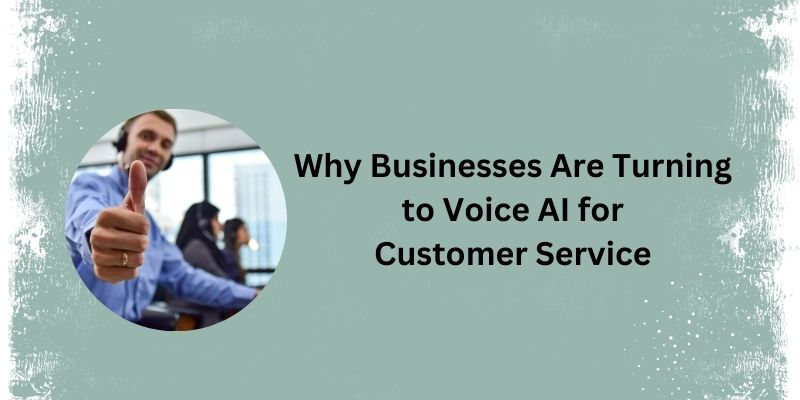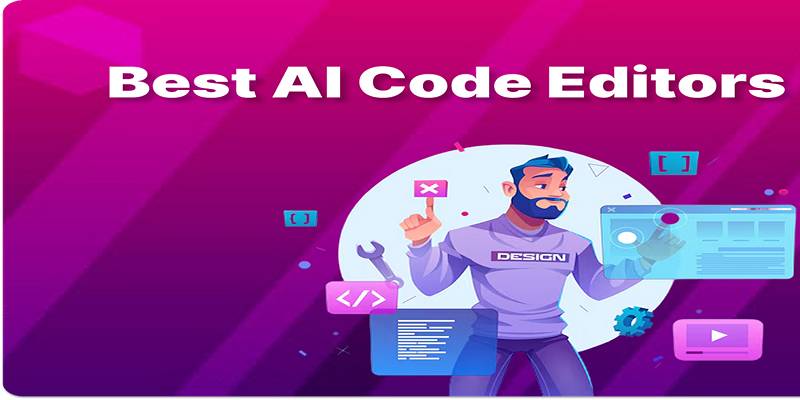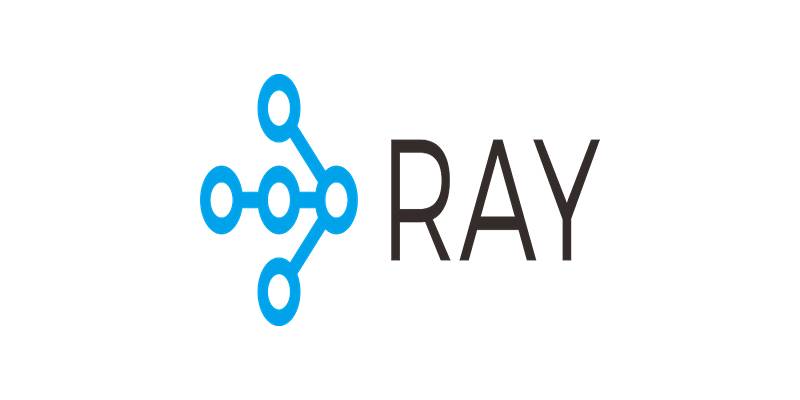You pour hours into keyword research, fine-tune your bids, and still end up with campaigns that miss the mark. Sound familiar? Struggling with keywords isn’t just a beginner’s problem—it’s a constant challenge, even for experienced marketers. The PPC game has changed. It’s no longer just about targeting the right words; it’s about understanding the people behind the search. That’s where AI becomes a real game-changer—not by replacing your strategy, but by making it sharper. This isn’t about shortcuts. It’s about clarity. If you’re ready to stop guessing and start improving, these three steps will help you rethink your approach from the ground up.
Step 1: Use AI to Understand Intent, Not Just Volume
One of the biggest traps when you’re struggling with keywords is chasing volume. High search volume looks good on spreadsheets but often leads to clicks that don’t convert. That’s because volume doesn’t always mean relevance. AI tools, especially natural language models, can dissect the meaning behind searches in ways humans can’t do at scale. Instead of just handing you more keywords, they analyze user behavior, query patterns, and historical performance to highlight what people actually want when they search.
You’re not just optimizing for words anymore. You're optimizing for thoughts. AI tools can cluster search terms by intent—like informational, transactional, or navigational. That kind of insight helps you separate the tire kickers from the buyers. You stop wasting money on generic terms and start zoning in on the ones that align with clear commercial interest.
Say you're advertising for a home workout app. Instead of targeting "workout routines" broadly, AI might point you toward intent-rich queries like "30-day no-equipment workout challenge." That keyword shows intent, commitment, and urgency—everything you want in a potential customer.
By using AI-powered tools that classify search terms this way, you're no longer just adding keywords—you’re adding purpose. This doesn’t replace good judgment. It sharpens it. You’re no longer reacting to data; you’re steering it.
Step 2: Feed the Machine—Then Let It Hunt (270 words)
Once you shift from keyword volume to search intent, your next move is feeding your data into the AI system—but not just any data. It needs to be clear, structured, and meaningful. AI can’t work well if it’s choking on noise. Give it labeled inputs: campaign goals, target audiences, device behavior, and conversion performance. Clean data becomes the fuel for smarter predictions.

Unlike us, AI doesn't wait to reflect—it acts in real-time. While you're busy trying to explain why a campaign tanked, AI is already adjusting. It spots things we miss—like user hesitation, scroll depth, or which device triggered a click at what time of day. It tracks patterns and shifts strategies on the fly. That means no more obsessing over lagging performance reports. You're now working with a system that adapts while the campaign runs.
Once trained, AI can tweak your bids, prioritize keywords, and rewrite ad copy—all based on live behavior. You’re no longer chasing insights after the fact. You’re staying ahead of them. It’s like switching from a rearview mirror to a dashboard camera that sees what’s coming and adjusts your route before you even know there’s traffic.
But this isn't set-it-and-forget-it. You still need to guide it. Review what it's doing. Study the changes. Ask why certain headlines are winning and what terms are rising in performance. AI can dig fast, but you steer the dig. Use it for the heavy lifting while you focus on strategic direction. When AI and human judgment work together, you stop guessing and start controlling outcomes.
Step 3: Simplify, Test, Repeat—All at Speed (270 words)
AI isn't about building a complicated mess of experiments. It’s about doing less, better—and faster. The biggest mistake people make with AI-powered PPC is trying to do too much at once. Ten ad groups. Fifteen headlines. A maze of keywords. That only confuses the machine and muddies the data.

The smarter play is simplification. Focus on a few intent-driven ad groups. Test a small batch of copy variations. Keep it tight. Then, AI will handle the split testing and performance analysis. It will automatically rotate your ads, detect patterns, and adjust in real-time. You're not just saving time—you’re getting better answers faster.
AI shines in short feedback loops. Each test becomes a lesson. You're not waiting weeks for data to mature. In days, you'll know what worked and what didn't. From there, it's rinse and repeat. Tweak your message, tighten your targeting, and launch another round. With every cycle, the machine—and your results—get sharper.
Here's where AI beats even the most seasoned marketers: it doesn't get tired or biased. It remembers every campaign, every variation, every click. And it never lets emotion cloud judgment. It's a tool that just keeps improving as long as you keep feeding it good information.
What you’re building isn’t just an optimized ad set. You’re creating a system that refines itself over time. So, if you're struggling with keywords, stop chasing the perfect one. Build a process that evolves. AI won't magically fix your ads overnight, but it will turn consistent testing into long-term performance—if you let it.
Conclusion
AI isn’t here to replace smart strategy—it’s here to amplify it. If you’re struggling with keywords, stop chasing volume and start focusing on intent. Feed AI with clean, structured data, then let it refine your campaigns with real-time insights. Keep your experiments simple and fast, using AI to shorten the learning curve and sharpen your targeting. This approach isn’t just about better performance—it’s about building a repeatable system that improves over time. To truly transform your PPC strategy with AI, shift your mindset from guessing to guiding, from reacting to predicting. That's where the real.

